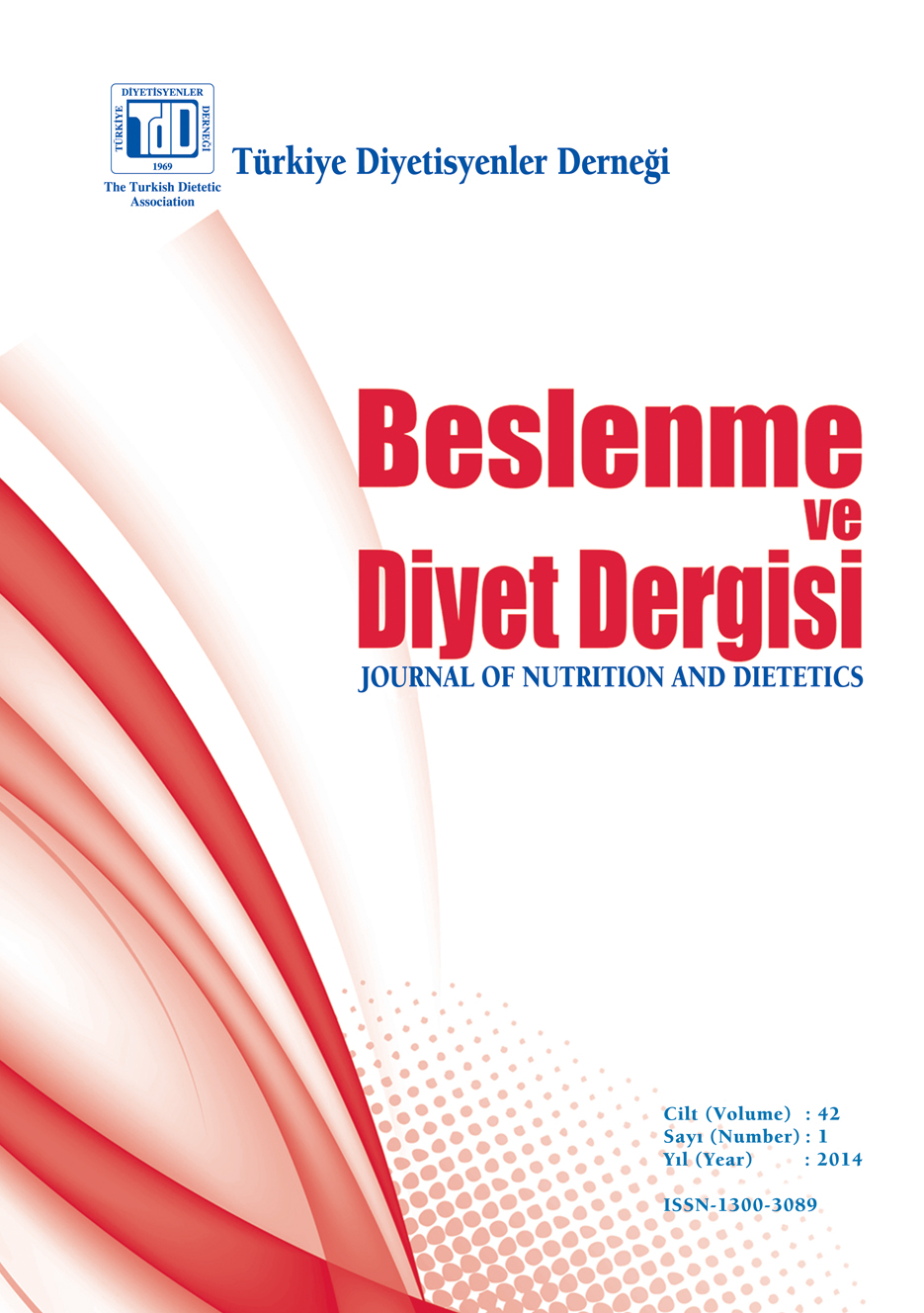Enteral Feeding in Preterm Infants
Keywords:
Preterm neonates, enteral feeding, minimal enteral feeding, necrotizing enterocolitisAbstract
In recent years mortality in preterm neonates decreased with the development in neonatal intensive care units. Inspite of the advances in intensive care, increased morbidity is still a serious problem for this special group of newborns. Inadequate nutrition has long been suspected to be a cause of slow growth as well as impaired neurodevelopment of preterms in later life. Cognitive performance and brain development is affected less by this situation with early enteral feeding. The goal of nutrition in preterm infants is to achieve a postnatal growth in anthropometric indices and body composition similar to that of a normal fetus at the same postconceptual age. The introduction of enteral feeding for preterm infants is often delayed due to concern that early introduction may increase the risk of necrotising enterocolitis (NEC).The relationship between incidence of NEC and introduction of enteral feeding remains controversial. Following birth, early introduction of minimal enteral feeding was shown to accelerate the maturation of the gastrointestinal tract, increase gut motility, prevent from mucosal atrophy, stimulate gut hormone release, reduce the time achieve full enteral feeding and to prevent parenteral nutrition induced cholestasis. In this review, nutritional targets in preterm neonates, the relationship between enteral feeding and NEC, and the characteristics of minimal enteral feeding were summarized.

